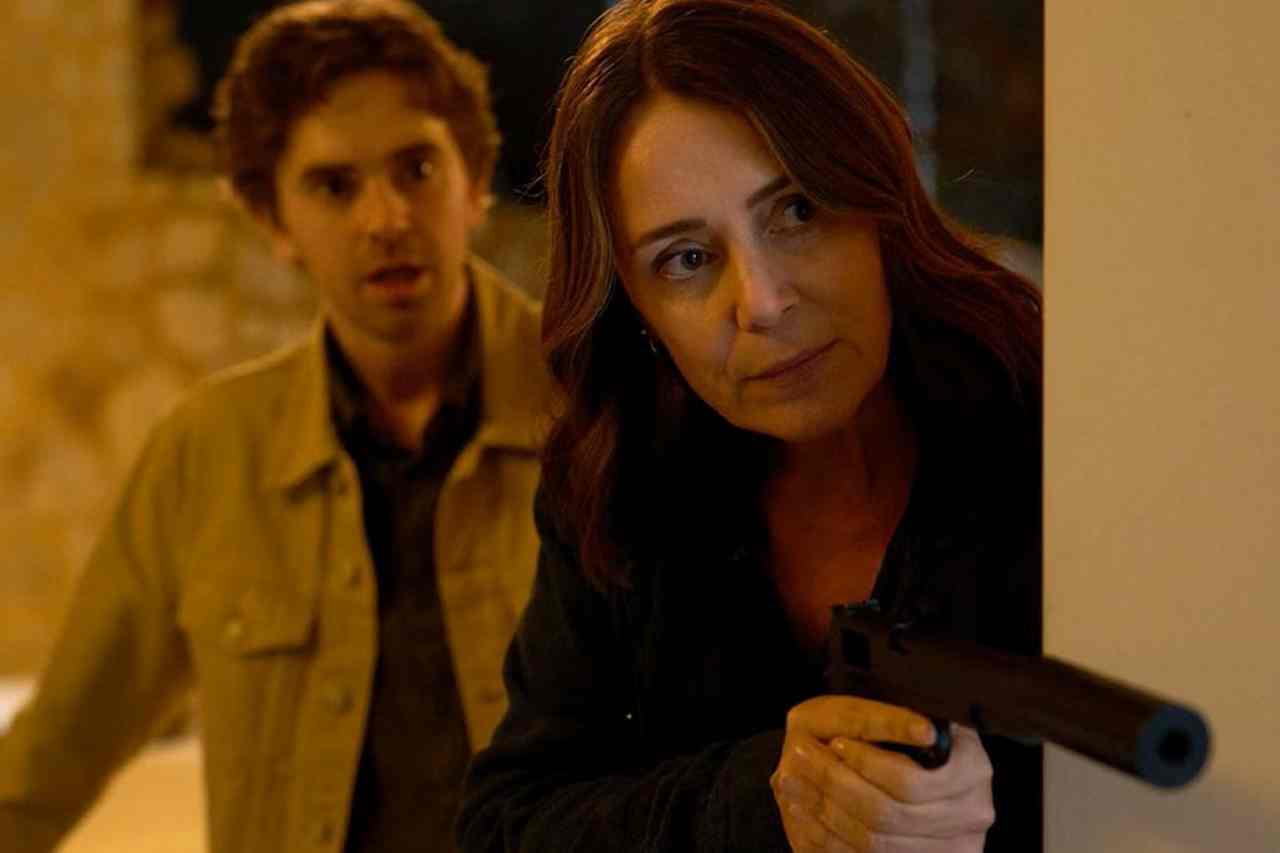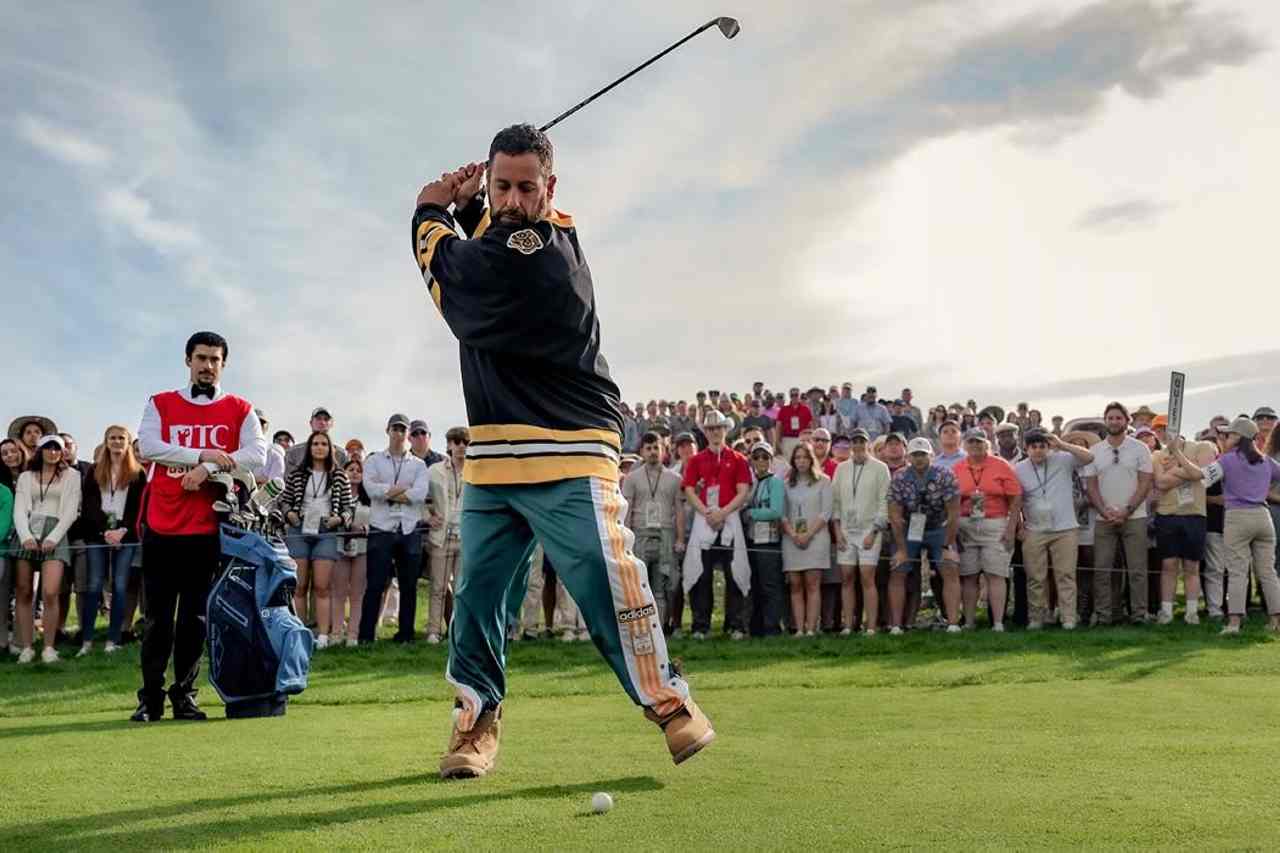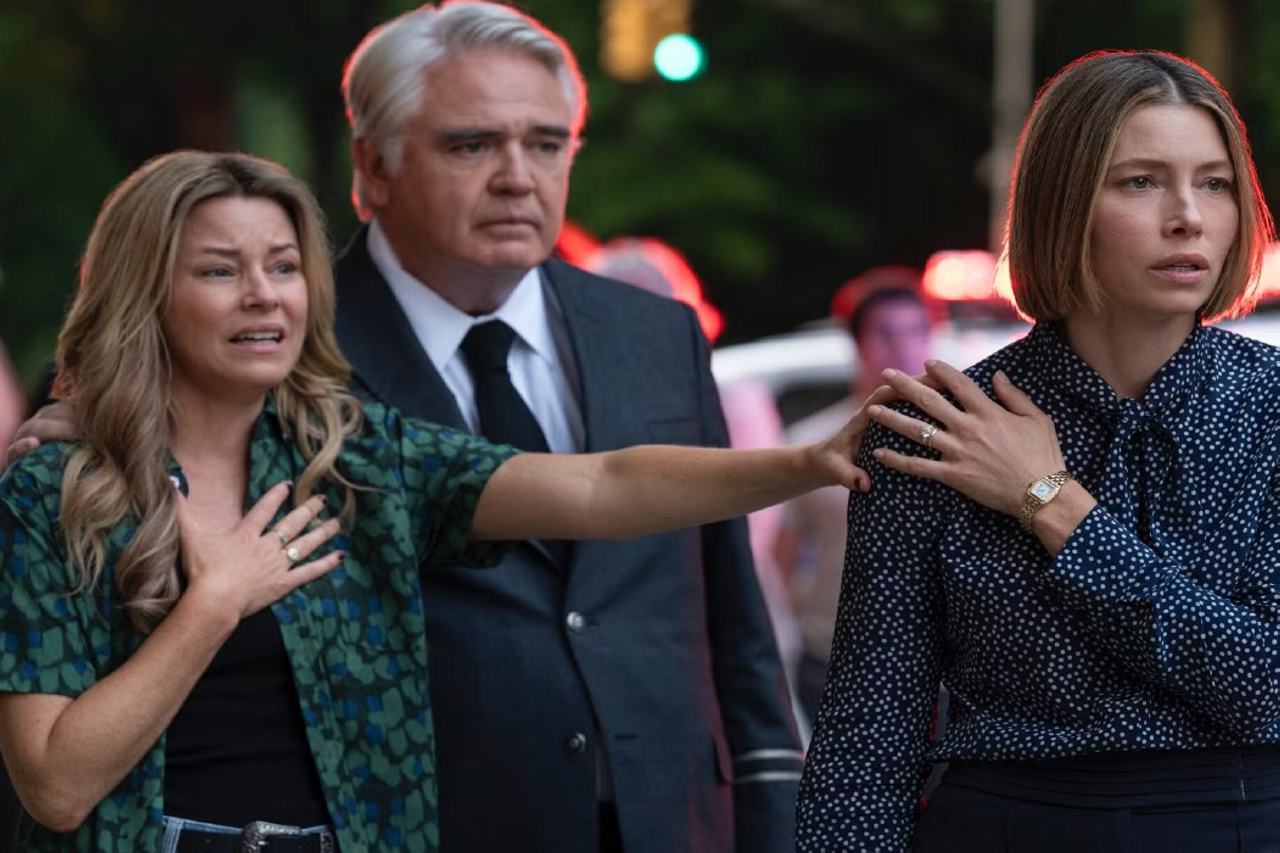Is Reed Richards Neurodivergent in ‘The Fantastic Four: First Steps,’ and Does It Matter?
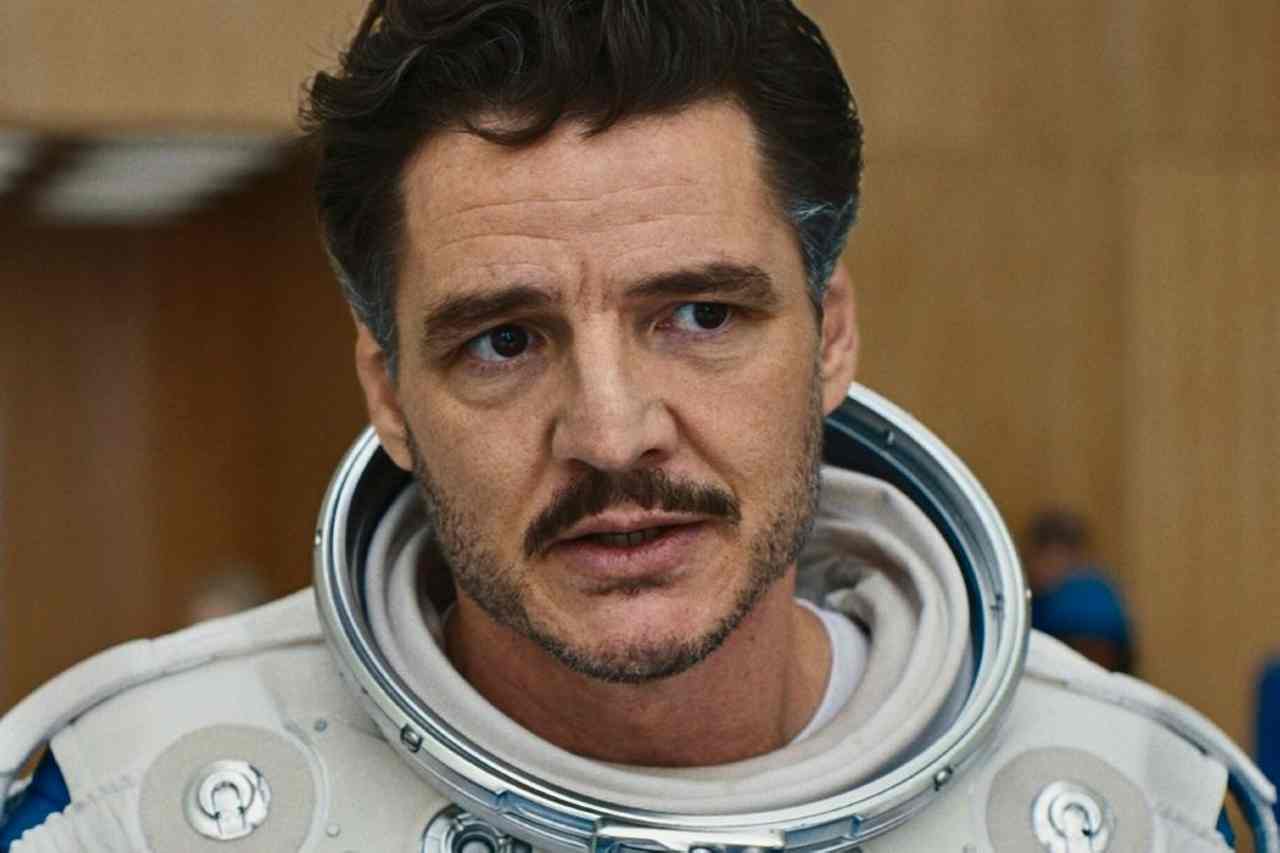
Comic book characters and arcs have long been used as metaphors to explore the human condition, broad as it is. Batman, the Hulk, and Scarlet Witch cope with grief, trauma, and other mental health issues. As we’ve seen just this summer, Superman is often equated with the immigrant experience. The X-Men represent a plethora of marginalized communities. The list could go on and on. The point is, superheroes are, by definition, differently-abled human beings. Thus, it doesn’t take a giant leap in figurative thinking to imagine some of our favorite unique characters as being symbolic of our unique selves.
Case in point: some members of the autism spectrum community went to see The Fantastic Four: First Steps opening weekend, hoping for a good enough new installment of the Marvel Cinematic Universe, and were pleasantly surprised to see themselves represented in Pedro Pascal‘s Reed Richards. Is Mister Fantastic meant to be neurodivergent? And if so, how does that inform Pascal’s performance and our response to it?
Reed Richards' Autism Is Canon in Marvel Comics
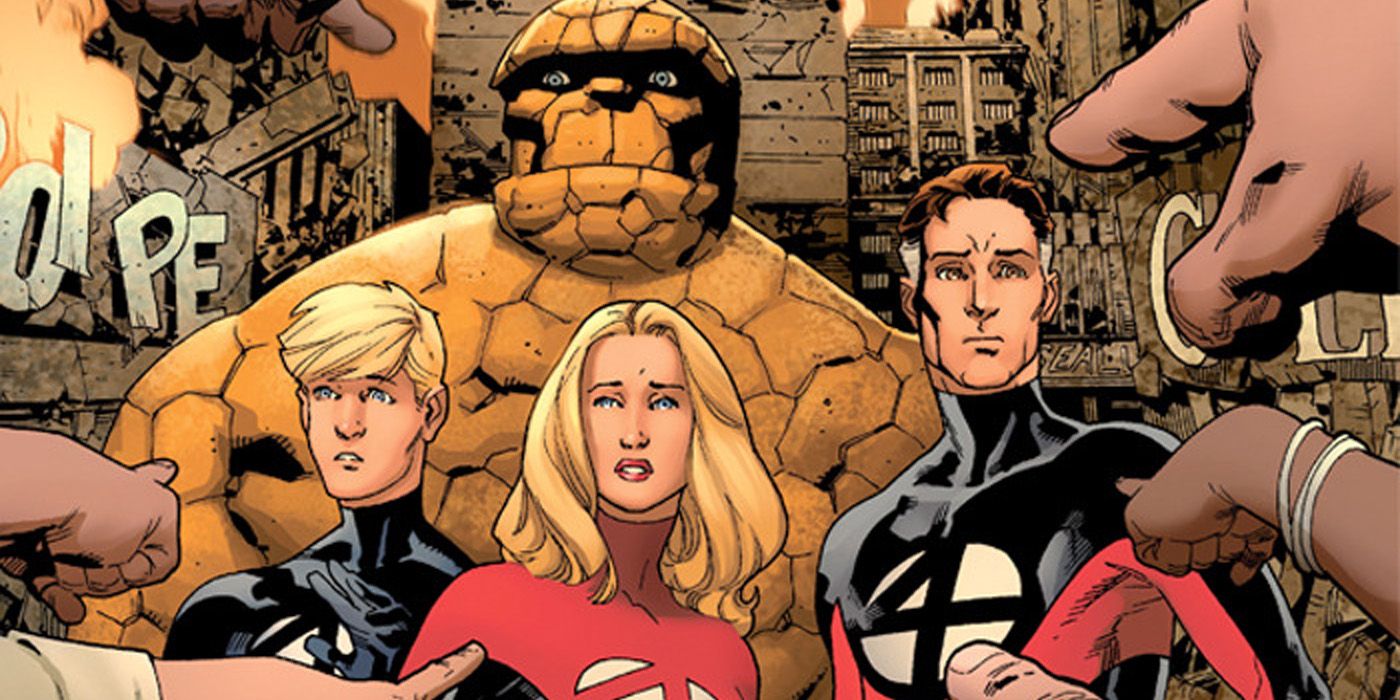
While this latest cinematic adaptation of Marvel’s First Family has enjoyed a mostly positive critical reception and an overwhelmingly positive audience reaction, Pascal’s take on Mr. Fantastic is one of the aspects of the film that has ignited some debate. A relatively small percentage of commenters bring up “Pedro Pascal fatigue” and think he was miscast, as his Reed was, in their opinion, too subdued. Others see Pascal as the Reed Richards, embodying the anxious, aloof genius they know and love from the comics. And some of these fans identify with Reed and consider him to be someone who has the strengths and the challenges of a person on the autism spectrum.
Based on many of his behaviors and personality traits, people with ASD (autism spectrum disorder) have been unofficially diagnosing Reed Richards as also having ASD for some time. But TikTok creator Katherine Lucy Bowen points out that Reed Richards has been on the autism spectrum in the comics canonically since 2001. In The Fantastic Four: 1 2 3 4, it’s suggested that he might have Asperger’s Syndrome.
Asperger’s was a subset of autism (these people were commonly thought to have more strengths than needs, though this wasn’t always the case), which was removed from the fifth edition of the Diagnostic and Statistical Manual of Mental Health Disorders in 2013, when the idea of a more inclusive autism spectrum was introduced. More problematic was the fact that the person for whom the classification was named — Hans Asperger — was a Nazi collaborator and eugenicist who participated in the extermination of differently-abled children.
In 2012’s Fantastic Four Season One, Reed diagnoses himself with a “mild case” of autism and attempts to invent a cure for it. This graphic novel was controversial within the autism community, not only because it made unnecessary distinctions about the extent to which Reed’s autism affected him, but also because the very idea of a cure implied that people with autism needed to be fixed or eradicated. The writer of the current run of the Fantastic Four comics, Ryan North, has also stated that his version of Mister Fantastic is on the autism spectrum, and fans generally view this iteration more favorably.
Director of The Fantastic Four: First Steps, Matt Shakman, has said he took inspiration more from the comics than films, and from North’s work in particular. His actors, including Pascal, also researched the past and current print versions of their characters. This would seem to indicate that, though it’s never explicitly stated that Reed Richards is a person with ASD in The Fantastic Four: First Steps, the creative team behind the film was clearly operating under the assumption that he is.
Whether the MCU's Reed Richards Is Neurodivergent Is Open to Interpretation
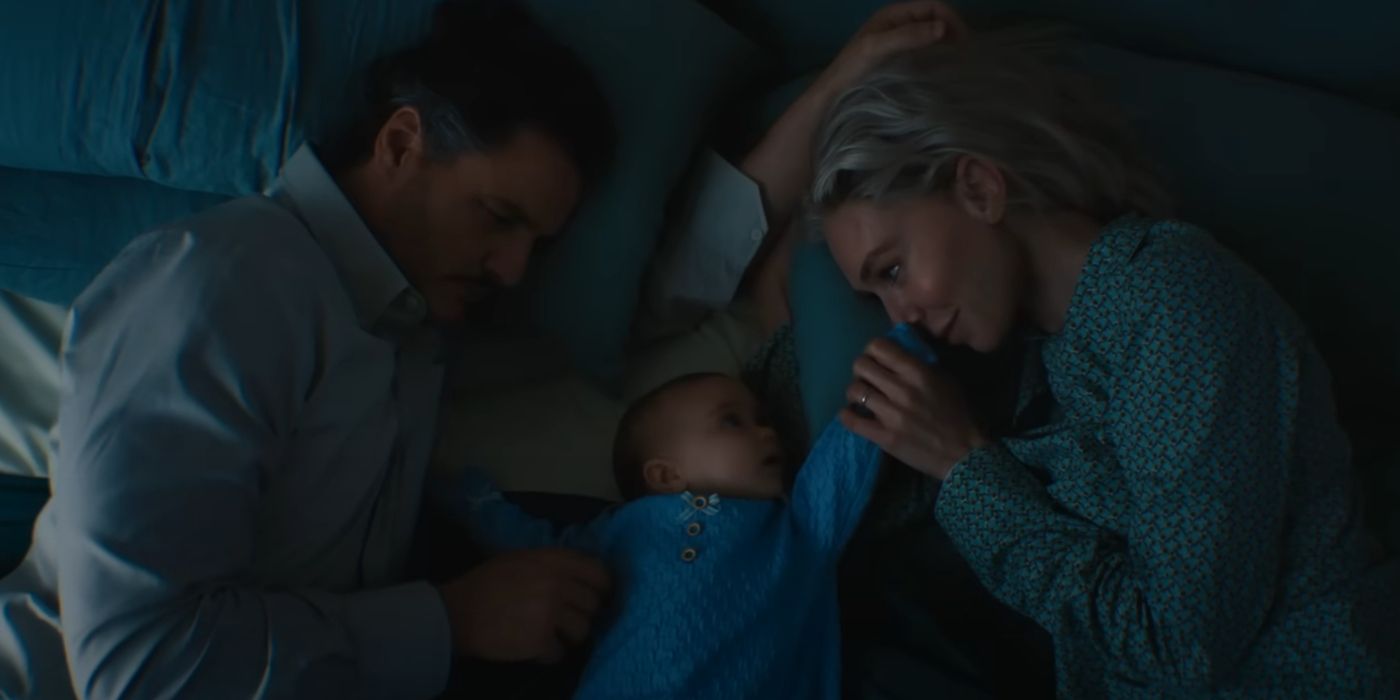
That an ASD Reed Richards at least informed Shakman and Pascal’s concept of the character is apparent in the actor’s performance as well as some of the movie’s dialogue and story beats. Both Shakman and Pascal have talked about how Reed’s brain, as well as his inherent contradictions, fascinated them. In the comics and the film, Reed is an emotionally available family man, but he’s also insular and prone to catastrophizing. His one-of-a-kind intelligence comes at the cost of him sometimes feeling like he’s alone with the world on his shoulders.
Plenty of people — with ASD diagnoses and without — related to Reed’s humility in The Fantastic Four: First Steps. He has trouble forgiving himself for the cosmic incident that caused them all to mutate, for example. But two moments in particular have been making the rounds on TikTok and other social media sites. When Reed discovers that Sue is pregnant, he worries that his son will be like him, and he spends more time devising in-utero diagnostic tests than he does saving the world. This sentiment works on three levels.
First, and literally, he’s worried about what cosmic radiation will have done to Sue’s reproductive system and their genes. Second, and thematically, it shows Reed has all the concerns that any parent-to-be would have, as the health and safety of children is, to an extent, out of all parents’ control. But Reed’s worry could also be interpreted as fear that Franklin will also be on the autism spectrum. The ASD community isn’t a monolith, and even individuals can hold conflicting ideas. For those with ASD who are or want to be parents, this is a relatable concern.
In another pivotal scene, during a fight, Sue yells at Reed that, “sometimes you being you hurts me.” Reed is loving and devoted, as most neurodivergent partners are, but it’s also fair for Sue to admit that being in a relationship with someone who might have ASD isn’t always easy, and it would be patronizing to suggest otherwise. The exchange was such an accurate and empathetic portrayal of this dynamic that it stuck out to people, not just on the autism spectrum, but to those who’ve dealt with a variety of mental health diagnoses.
Ultimately, it doesn’t really matter that The Fantastic Four: First Steps didn’t take the extra step of diagnosing Reed Richards in the text of the film. Pascal’s interpretation of the character avoids cliché in such a way as to let people with ASD see themselves reflected in his subtle, nuanced, and interior performance. Superheroes are a modern mythology we’ve created for ourselves, and if Reed Richards is that for anyone, neurodivergent or not, well… fantastic. The Fantastic Four: First Steps is now in theaters.

